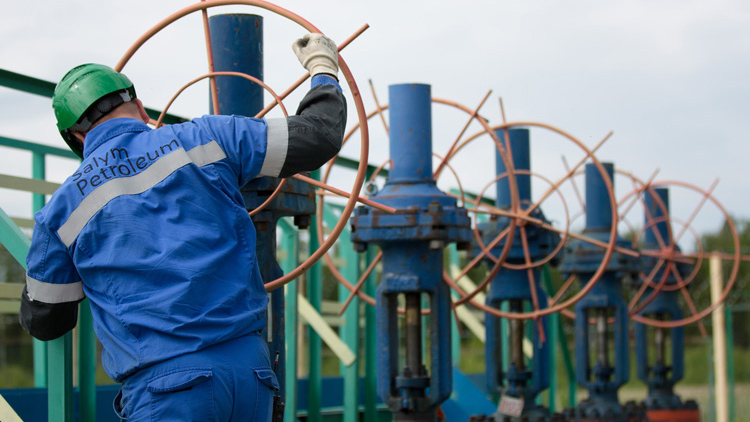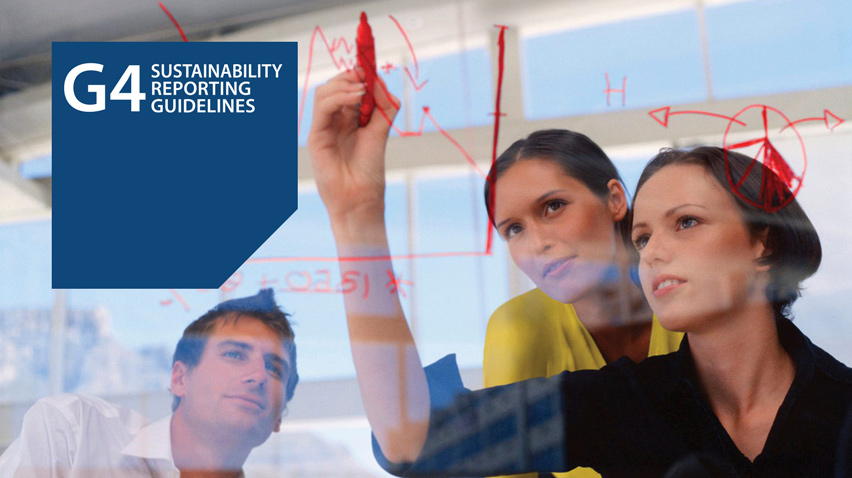Our business partners
We often work in joint ventures with national and other international energy companies. Our business partners bring important skills and experiences to a joint venture.
Non-operated ventures

An employee working at the Salym Petroleum JV in Russia.
More than half of Shell’s joint ventures (JVs) are not operated by Shell. For these ventures, our Shell JV representatives and the Shell-appointed JV board require our partners to adopt the Shell commitment and policy on Health, Safety, Security and Environment and Social Performance (HSSE&SP) or one materially equivalent to our own. They are also required to put in place standards to adequately address HSSE&SP risks.
When these JV's implement our control framework, or a similar approach, Shell teams carry out independent audits or participate in the JVs own auditing programmes. This provides assurance on the JV's compliance. We also offer to review the effectiveness of the framework’s implementation, overseen by the JV’s board of directors.
We periodically evaluate the health, safety, environment and community risks of the JV. If the JV is falling below expectations, plans will be put in place, in agreement with the other partners, to improve performance.
Sharing knowledge
Another advantage of working with our business partners – who are often located in different parts of the world – is that they offer an opportunity to share knowledge and insights and learn from each other's experience. As a result, we can work together to tackle specific social, environmental, safety or technical challenges.
We encourage and support our JV partners in implementing similar standards to our own for the management of greenhouse gas (GHG) emissions. In 2016, we engaged with several partners in workshops to share practices and explore opportunities for reducing GHG emissions from our joint operations.
Since 2014, we have helped Petroleum Development Oman (PDO, Shell interest 34%) reduce its GHG emissions by sharing our work to reduce flaring, as well as our approach to energy and methane management. We also raised awareness about voluntary GHG reduction initiatives, such as the World Bank's "Zero Routine Flaring by 2030" initiative. PDO endorsed the initiative in January 2017.
